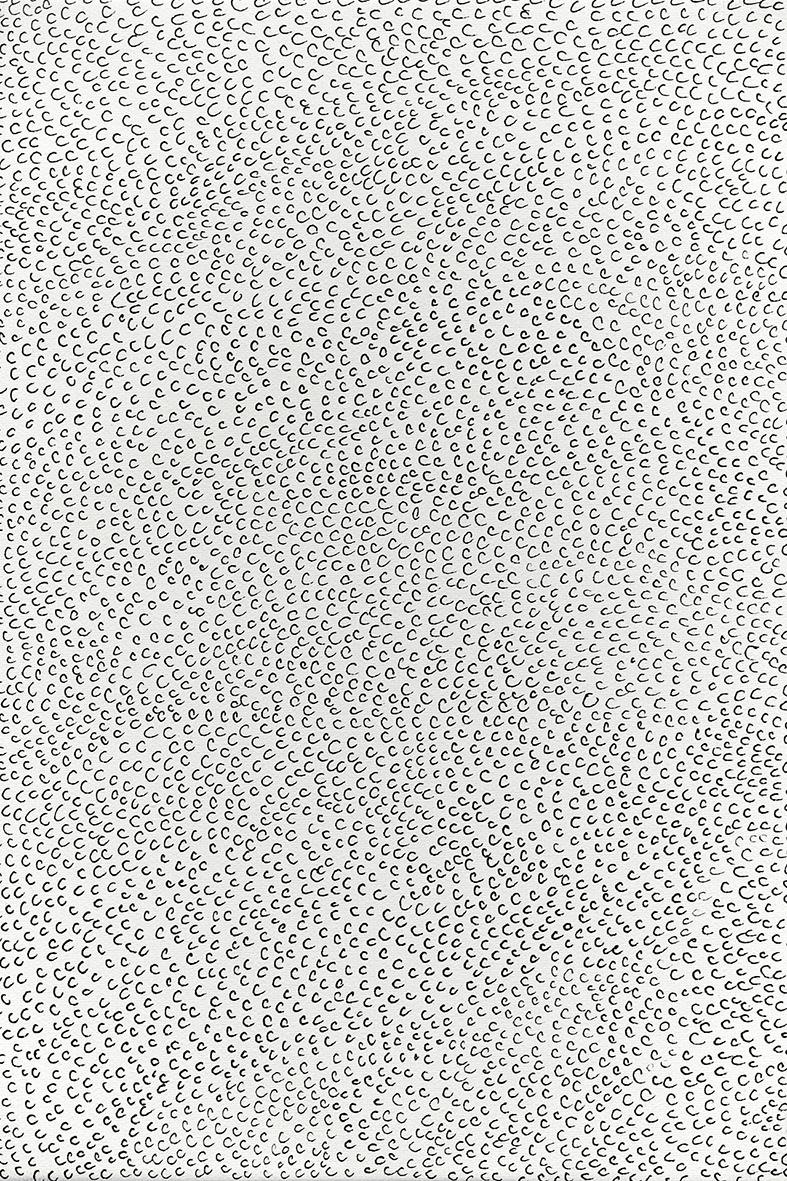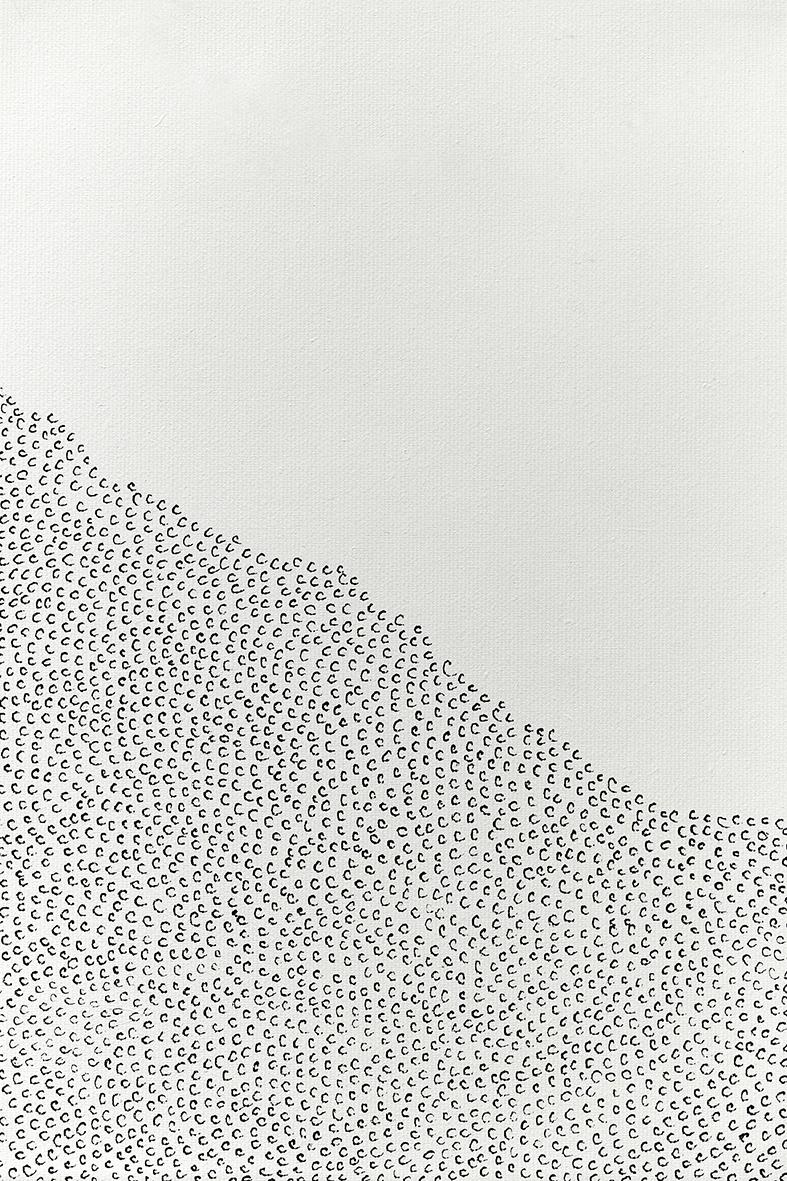Irena Lagator Pejović
works
- Word and Thought. The Big Abstract Painting
- Lines, Values, Coexistences
- United Species
- Means that Can Contribute to the Phytoremediation of Polluted Areas
- Saved Books. The Art of Transmitting the Knowledge Without the Need for Subsequent Reparation.
- “I Would Put All Mighty Weaponry Into the Museums That No One Visits”
- Expanses of Love
- “If I Were Ronald Regan”
- Nets, Nodes, Horizons
- Workers University
- My Father’s Salary
- Fiscal Verses. Reprogramming the Machine
- Missing Content
- The Knowledge of the Limited Responsibility Society
- Shared Air
- Blurred Landscapes
- There is Already a Feeling of a Flow
- Symbiotic Collection
- Maximum Profit - Minumum Time
- This is Not a Landscape Any Longer. Tolerance, Transparency, Transition.
- Nature Culture
- Pillars and Horizons
- Where is the Monument?
- Forward Play Reverse
- Life and Institution
- Capital Culture Cuts
- Two Safes. No keys!
- Non LLC l.l.c.
- Plastic Water
- Society and Documents
- Exchange Value
- Work in Public Space
- Institution Nature
- LLC versus Non LLC
- Abbandoned Cinema
- Freedom Security Progress
- Occupying/Liberating Space and Time
- Directions
- Image Images
- Property
- Dissapearance Appearance
- Further than Beyond
- Image Think
- Ecce Mundi
- Camera Imaginata. The Means for Exchanging the Power of the Imagination
- Means for Intensifiying a Sense of Poetic Reconstruction of the World
- The Society of Peaceful Coexistence, Santa Croce sull’Arno
- Installation for Improving the Sense of Responsibility
- Equation Function
- Limited Responsibility Society, Santa Croce sull’Arno
- Resistence Reservoir
- Limited Responsibility Society, Polignano a Mare
- Limited Responsibility Society Automatism
- Experience Economy History
- The Society of Peaceful Coexistence, Belgrade
- Responsitorium Horizon Poems
- Time of Limited Responsibility Society
- Limited Responsibility Society Experiment, Salzburg
- Present Space Expansion
- Cultural Barriers to Growth
- Countinuous Limited Responsibility Society
- Knowledge of the Limited Responsibility Society
- Limited Responsibility Society Experiment, Strobl
- Limited Responsibility Society By Night
- Limited Responsibility Society, Cetinje
- Inverse Spaces
- Our Colored Everyday
- Machine Error. Shape a Book
- What We Call Real
- After Memory
- Next
- Is It Still Winter, Outside?
- The Way We Live
- How Small is the Universe
- Living Space
- The Society of Unlimited Responsiblity
- Own Space
- Living Room
- Near Universe
- An Embrace in the Space
- Light in Space
- Please Wait Here
- Wash Inside Out
- What is Missing
- Temporary Dumping Place. Rotations in the Given Space
- Opening of the Book
- Registrar
- May I Help You
- Passerby
- Are You Happy Now
- BBBBeauty
- Tell Why
- Witnes of Time - Now
- Witnes of Time
- It is Made for You
Shared Air
2022 –
ink drawing on canvas
32 x 22 cm, each
Courtesy of the artist.
Exhibitions/Venues: Irena Lagator Pejović, Blurred Landscapes, Petrović Njegoš Foundation and Center for Contemporary Art in cooperation with the Laboratory - art collection of the non-aligned countries, Podgorica, Montenegro, curated by Karolina Majewska-Güde, 2022.
Photo: Duško Miljanić
In a series of small, intimate paintings Shared Air Lagator creates poetic landscapes constructed through a repetition of chemical symbol of carbon (C) combining different models of representation of the natural world.
The research exhibition Blurred Landscapes examines the affective heritage and possible futures of the utopia of peaceful coexistence championed by the Non-Aligned Movement and materialized, among others in a collection of the former Art Gallery of the Non-Aligned Countries “Josip Broz Tito”. It activates the idea of symbiotic living through the conceptual and performative engagement with the art collection of the non-aligned countries. The exhibition offers the embodied view of the NAM legacy and its decolonial practices, and its expansion through artistic engagement with objects, ideas, broken developments and the surrounding nature of the mentioned collection. The exhibition consists of two parts, an intervention on the pathway in the park and three artworks in the space of the Foundation.
NAM was initiated by Yugoslavia in 1961 as an alternative political alliance between countries of the Global South that refused to take sides in the Cold War conflict. Solidarity between the non-aligned countries concerned mainly political and economic exchanges. But NAM was also a cultural project that enabled a circulation of objects and an exchange of and between artists and cultural workers in the Global South. The material aspect of this collaboration and exchange provided an opportunity to access different cultures without alienating and hierarchizing them. The collection of the former gallery founded in Podgorica in 1984 preserves the materiality of this political project of the non-aligned, functioning as an embodiment of horizontal, non-hierarchical culture of collecting based often on the practice of donation and gift. It is also a place of aligned connections between different modernisms and modernities. The collection was a part of the daily life of Titograd’s (present day Podgorica) citizens, until the dissolution of Yugoslavia. In 1995 it was integrated into Center for Contemporary Arts of Montenegro. (Karolina Majewska-Güde)







